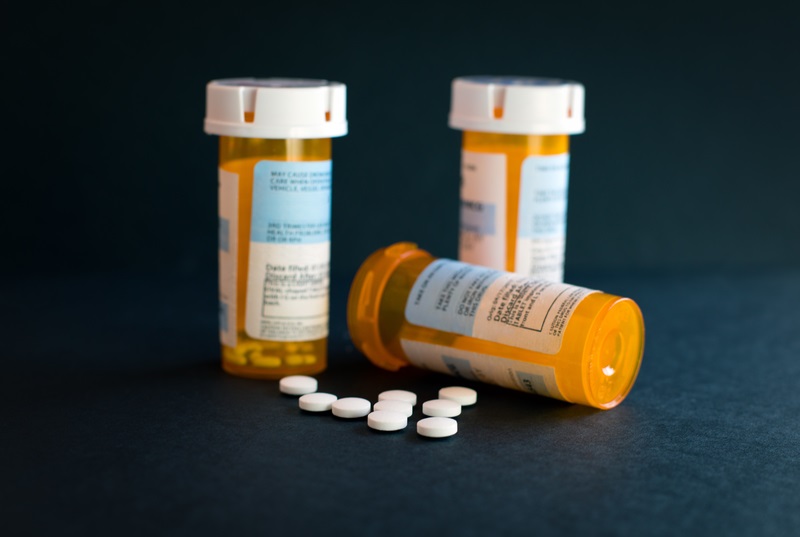Governor Murphy Unveils New Initiatives to Fight the Opioid Epidemic and Adds a New Eligible Condition for the Medical Marijuana Program

On Jan 23, Gov Phil Murphy announced an additional eligible condition to qualify patients for the Medical Marijuana Program (MMP) - opioid addiction. The addition of opioid addiction as a qualifying condition is consistent with the governor's and Health Commissioner Dr. Shereef Elnahal's message to physicians encouraging them to use medical cannabis, when appropriate, in lieu of opioids when treating chronic pain. The other eligible conditions are anxiety, chronic pain related to musculoskeletal disorders, chronic pain of visceral origin, migraine, and Tourette's Syndrome.
The addition of the new eligible condition came as part of the governor's announcement of his new initiatives to address the opioid epidemic and the administration's commitment to a patient-centered, evidence-based approach to fight the epidemic.
Gov Murphy outlined the following four strategies for combatting the epidemic:
- Increasing access to evidence-based prevention and treatment programs in our communities. This includes the removal of prior authorization for Medication Assisted Treatment (MAT) for Medicaid patients and relaunching the REACH NJ campaign. Additionally, the New Jersey Department of Human Services is investing in training more primary care clinicians to provide medication-assisted treatment for opioid addiction, creating new Medicaid reimbursement incentives for primary care providers to provide treatment for opioid addiction, and establishing new Medicaid Centers of Excellence to support community-based clinicians in providing opioid addiction treatment at Rutgers Medical School and Cooper Medical School of Rowan University. The New Jersey Department of Health will also be doubling down on syringe access programs and the Alternatives to Opioids (ALTO) program for hospital emergency departments. Furthermore, the New Jersey Department of Corrections, Department of Health, and Department of Human Services will work on improving naloxone accessibility and expansion of MAT options in state prisons and county jails.
- Supporting individuals on their path to and maintenance of recovery. This will include recovery housing and supportive housing for individuals and their families for homeless and families who are receiving child welfare; employment support for individuals who are in treatment; and peer support for those in treatment. The lead agencies are the Department of Human Services, Department of Community Affairs, Department of Children and Families, and Department of Labor.
- Building sound data systems and strengthening system-wide infrastructure for the addiction community. This will include continuing use of the Prescription Drug Monitoring Program database; utilizing Health Information Technology to connect people with addiction, healthcare providers and hospitals for better management of physical and behavioral health; and use of the Opioid Data Dashboard and NJ Cares dashboard. The two leading agencies in this initiative are the Attorney General's Office and Department of Health.
- Delivering robust law enforcement to stem the supply of illicit drugs, while also supporting diversion programs. An aggressive law enforcement initiative, with increased focus on the drug fentanyl, by utilizing the Operation Helping Hands law enforcement operation and holding individuals and organizations accountable by prosecuting them for criminal and civil charges. The Attorney General's Office is the leading agency for this initiative.
Gov Murphy and the New Jersey state agencies presented a united front to take action to fight the opioid epidemic. The governor allocated $100 Million from his Fiscal Year 2019 budget in order to support the fight against the opioid epidemic.
If you have any questions concerning this post, please contact Sandra Jarva Weiss, Chair of our Health Care & Life Sciences Practice Group, at sjarvaweiss@norris-law.com.

